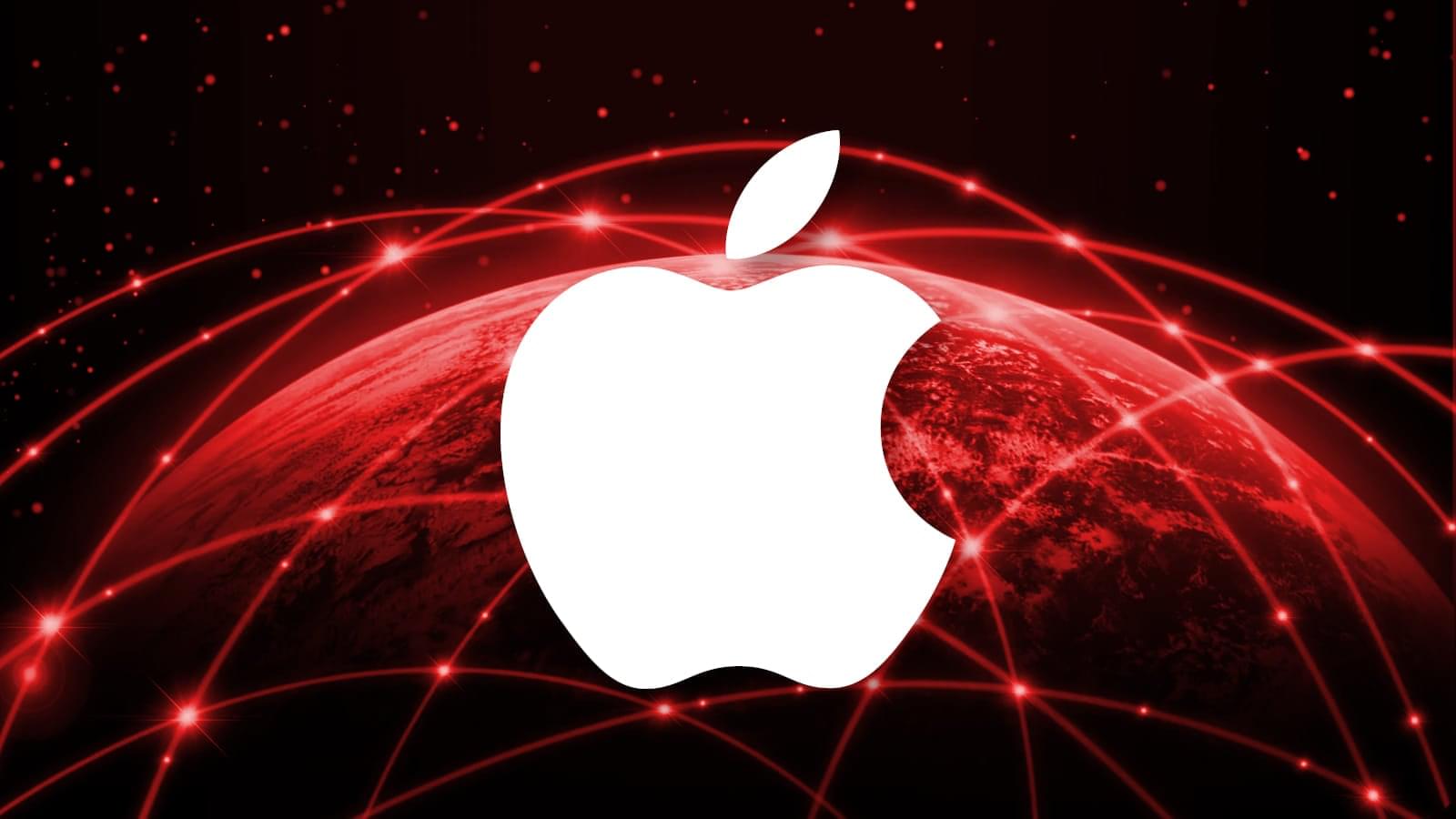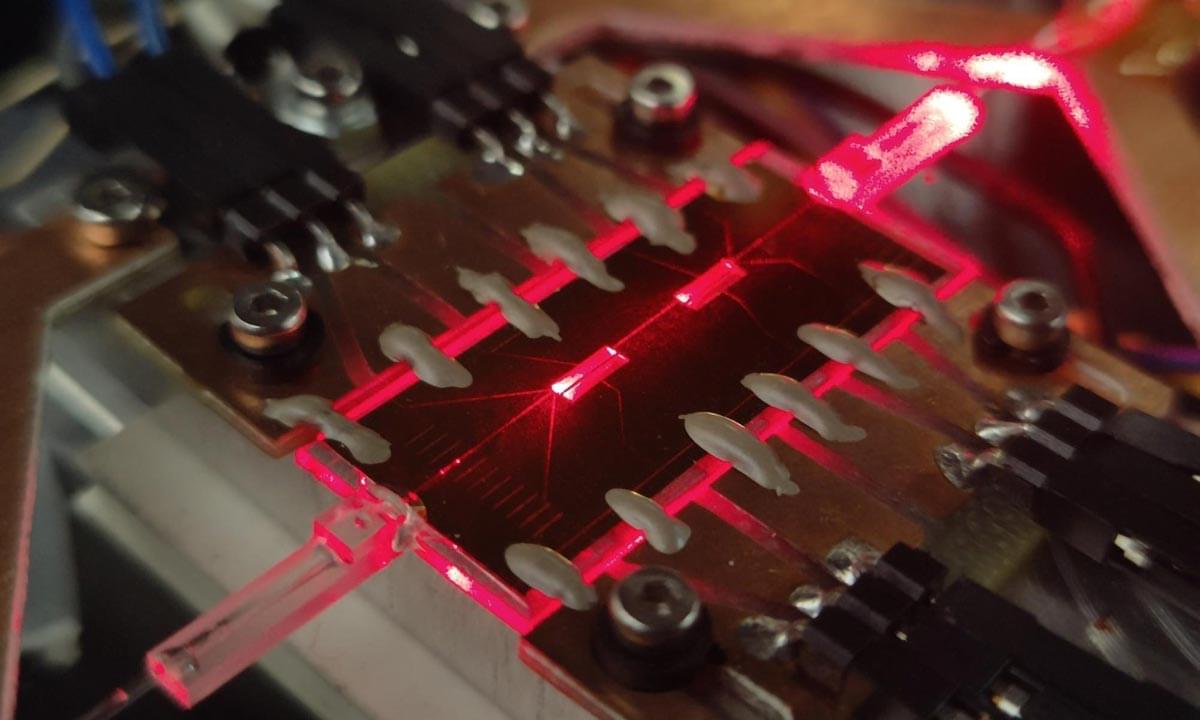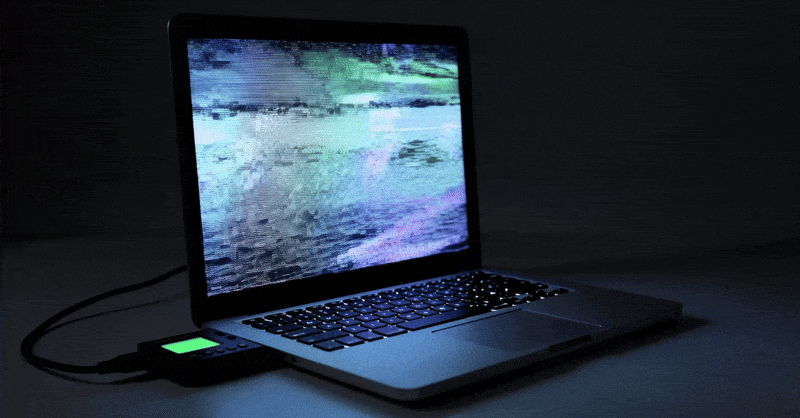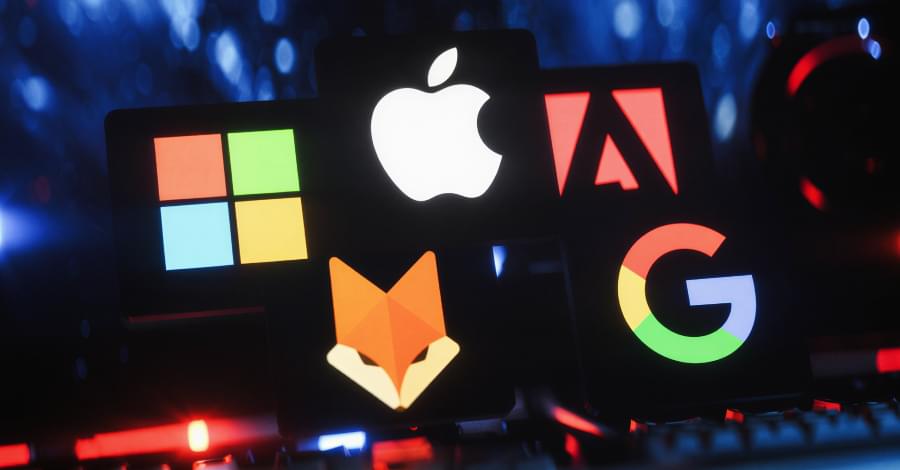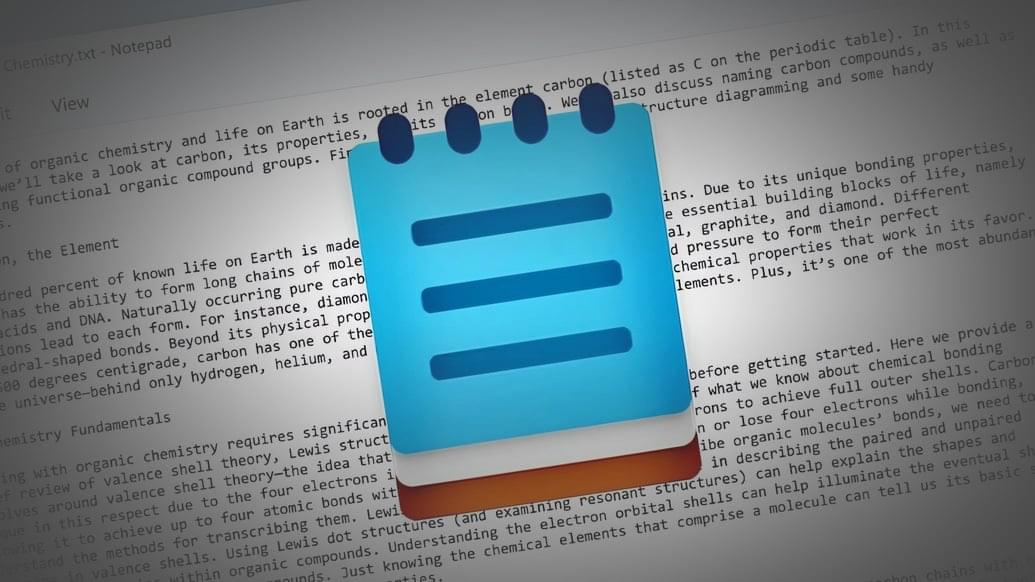By Chuck Brooks
#technology #government #security
By Chuck Brooks, president of Brooks Consulting International
The future of innovation in both government and industry will not be distinguished by singular breakthroughs, but rather by the convergence and meshing of a number of different new technologies. Going forward, industries, national security, economic competitiveness, privacy and almost every aspect of everyday life will all be reshaped as a result of this integrated ecosystem, which encompasses artificial intelligence, quantum computing, improved connectivity, space systems and other areas.
Twelve crucial technical domains will help propel the federal government toward this convergent transformation.



